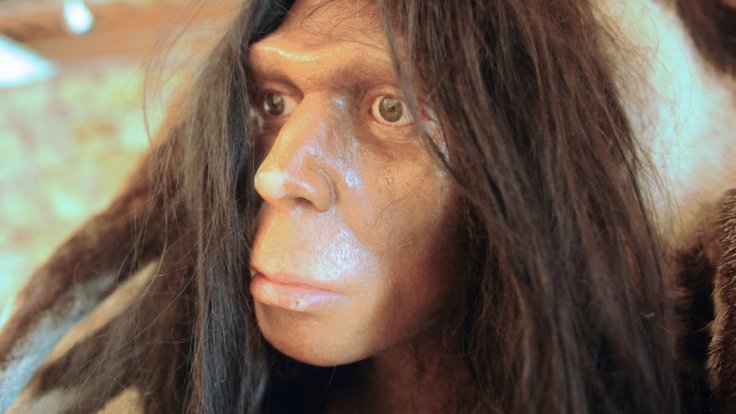
Charles Darwin's theory of evolution is widely accepted all over the world as a foundational concept in science and this theory states that all species of life have descended over time from common ancestors. But now, more than 1,000 influential scientists from all across the world have gone public with doubts on the theory of evolution.
It should be noted that these 1000 scientists are from top-rated institutions that include Harvard, Johns Hopkins, Columbia, Tulane, Engelhardt Institute of Molecular Biology, the National Academy of Sciences, Center for Computational Quantum Chemistry, University of Georgia and the Russian Academy of Natural Sciences.
In a recently issued statement, these scientists revealed that they are a bit sceptical about the ability of random mutation and natural selection to account for the complexity of life.
"We are sceptical of claims for the ability of random mutation and natural selection to account for the complexity of life. Careful examination of the evidence for Darwinian theory should be encouraged," said the scientists in the statement.
Satya Pal Singh, India's Minister of State for Human Resource Development, responsible for Higher Education and Minister of State in the Ministry of Water Resources, River Development & Ganga Rejuvenation recently received huge social media backlash when he claimed that Darwin's theory of evolution was wrong. The minister had even urged educational institutions to expel Darwin's evolution theory from textbooks.
"Since man is seen on Earth, he has always been a man. Nobody, including our ancestors, in written or oral, said they saw an ape turning into a man," said Satya Pal last year.
Even though Satya Pal received negative criticisms from all corners, the PhD holder in Chemistry from Delhi University stood strong in his remarks and assured that the theory put forward by Charles Darwin about evolution is wrong, as it lacks scientific evidence.









